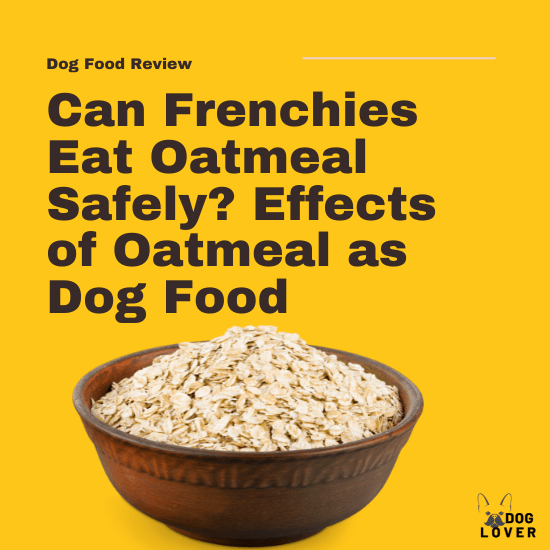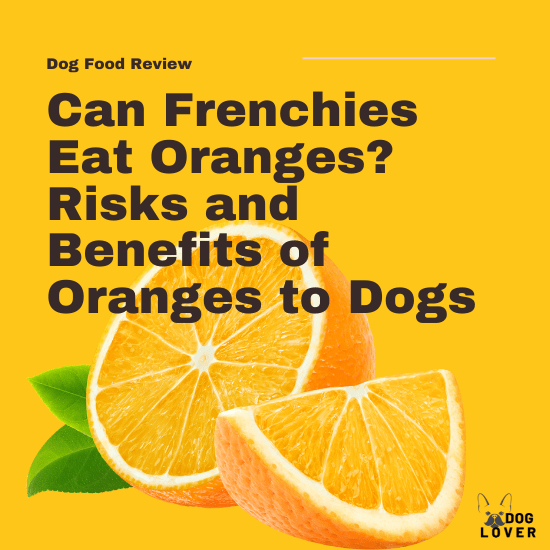Yes, plain, cooked corn off the cob is safe for dogs to eat as long as they are not allergic to it.
Corn is a nutritious treat that can be given in moderation to prevent health issues like obesity and diabetes.
It provides energy, proteins, antioxidants, and essential nutrients such as linoleic acid, fiber, and potassium.
These nutrients benefit a dog’s energy levels, immune system, skin, coat, gut, and overall health.
Benefits of Corn for Dogs
Improves Energy:
Corn is rich in carbohydrates, making it an excellent energy source for active dogs. A medium-sized ear of corn has about 88 calories and a balance of carbs, fats, and proteins.
Maintains Healthy Muscles:
Corn contains proteins and amino acids essential for muscle development and maintenance. These proteins also contribute to tissue repair, energy provision, and cell structure.
Boosts Immune Health:
Antioxidants such as beta-carotene and vitamin E in corn combat free radicals, support the immune system and promote overall health. They also help slow aging in senior dogs.
Improves Skin and Coat Health:
Linoleic acid, an omega-6 fatty acid in corn, keeps a dog’s skin and coat healthy by preventing dryness and itchiness.
Promotes Gut Health:
Dietary fiber in corn aids digestion, improves gut motility, and supports good bacteria in the gut.
Supports Heart and Kidney Health:
Potassium in corn helps maintain heart and kidney function.
Harms of Corn for Dogs
Choking Hazard:
Corn cobs can block the gastrointestinal tract, especially in small and medium-sized dogs. Symptoms of gastrointestinal obstruction include constipation, vomiting, abdominal discomfort, and loss of appetite.
Unhealthy Weight Gain:
Corn is calorie-dense and should only be given occasionally to avoid obesity, diabetes, or pancreatitis.
Allergic Reactions:
Dogs allergic to corn may experience skin irritation, vomiting, diarrhea, or lethargy. Always introduce corn gradually and monitor for adverse reactions.
How and When to Feed Corn
Feeding Amount:
Corn should make up no more than 10% of a dog’s daily calorie intake. For example, a 70-pound dog with a daily calorie requirement of 900 calories can safely have 90 calories from corn.
Ideal Times:
Corn can be given as a treat or added to meals. It’s especially beneficial for sick dogs needing an energy boost or those with dry skin or digestive issues.
Puppies and Seniors:
Fully weaned puppies and senior dogs can enjoy corn. For older dogs, its antioxidants help with immunity and aging, while fiber aids digestion.
Safe and Unsafe Corn Varieties for Dogs
Safe Corn Products
- Plain Corn Kernels: Nutritious and easy to digest in moderation.
- Corn Muffins and Cornbread: Safe in limited quantities but provide little nutritional value.
- Popcorn: Plain, air-popped popcorn without butter or salt is a good fiber source.
- Canned Corn: Only if unsalted and free from harmful additives.
Unsafe Corn Products
- Corn Cobs: Indigestible and can cause blockages.
- Corn Chips and Corn Nuts: High in salt, fats, and harmful seasonings.
- Corn Husks: Not toxic but can cause digestive upset.
Nutrients in Corn
Beneficial Nutrients
- Carbohydrates: A key energy source.
- Proteins: Aid muscle development and tissue repair.
- Omega Fatty Acids: Promote skin and coat health.
- Antioxidants: Support immunity and reduce aging effects.
- Vitamins and Minerals: Including potassium, magnesium, and B vitamins for overall health.
Harmful Aspects
- Excess Carbs and Sugars: Can lead to obesity and diabetes if overfed.
- Additives: Butter, salt, and seasonings are toxic to dogs.
Dog breeds and corn consumption
Different breeds have varying calorie needs. For example:
- A 100-pound Akita may safely consume up to 220 calories from corn.
- A 10-pound Chihuahua should have no more than 23 calories from corn.
Large breeds generally tolerate corn better than small breeds due to higher caloric requirements.
Health Conditions and Corn
Diabetes and Obesity
Dogs with diabetes or obesity should avoid corn due to its high sugar and starch content.
Pancreatitis
Corn can exacerbate pancreatitis symptoms like vomiting, abdominal pain, and lethargy.
Allergies
Dogs with corn allergies should not consume corn in any form.
Kidney Disease
Corn may benefit dogs with kidney issues due to its potassium content.
Anemia
The iron in corn supports red blood cell production, aiding anemic dogs.
Can sick or nursing dogs eat corn?
Yes, corn provides energy and essential nutrients to sick or nursing dogs. Nursing dogs benefit from its potassium and magnesium, which support puppies’ bone development.
Corn Recipes Safe for Dogs
Corn pairs well with other dog-safe foods, such as:
- Cooked Potatoes: Provide vitamin C and iron.
- Green Beans: Rich in vitamins A and C.
- Broccoli: High in fiber and antioxidants but should be fed in small amounts to prevent gas.
- Squash: Improves gut health with its fiber content.
Dog Recipe with Corn
Here are three simple, dog-friendly corn-based recipes:
Peanut Butter Cornmeal Biscuits
Combine eggs, peanut butter (xylitol-free), oil, vanilla, flour, cornmeal, oats, and water into a dough. Roll out, cut shapes, and bake at 350°F for 15-20 minutes. Leave in the oven for 30 minutes to harden.
Cornbread Dog Bites
Mix cornmeal, unseasoned applesauce, and gluten-free oats. Roll into balls, place on a baking sheet, and bake at 350°F for 10 minutes. Cool before serving.
Canine Cornbread
Combine cornmeal, flour, egg, corn oil, and baking powder. Pour into a greased pan and bake at 375°F for 15 minutes. Cool completely before cutting.
These treats are easy to make, nutritious, and perfect as occasional snacks for your pup. Always feed in moderation alongside a balanced diet.


